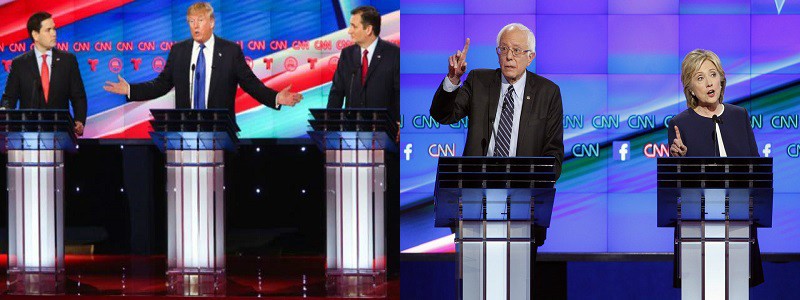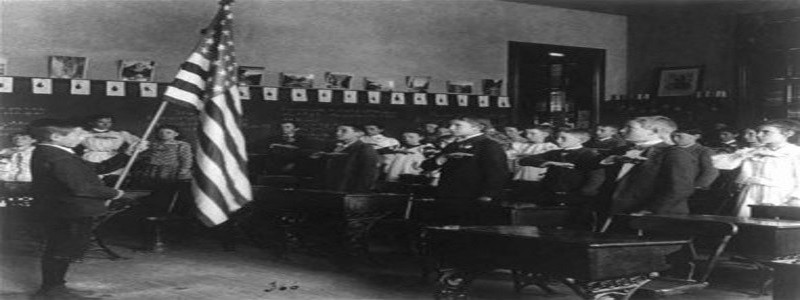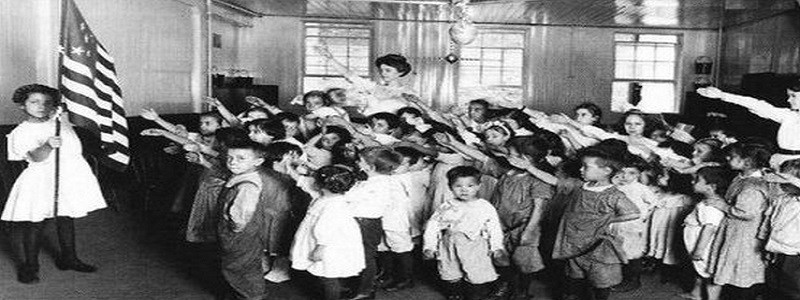Intra-Textual Debate Tracking and Evaluation in ‘Frankenstein,’ by Mary Shelley (1818)
Another fruitful and engaging angle in on academic argumentation in the classroom is to have students track a debate and evaluate the argumentation taking place within a text, fictional or informational.
This activity explores the debate that takes place within the text of Mary Shelley’s Gothic and Romanticist masterpiece Frankenstein (1818), beginning shortly after the monster re-appears to Frankenstein and tells his mournful story of his isolation and loneliness. The monster ends the recounting of his brief existence by declaring that he wants Frankenstein to create for him a companion, a monster bride. Frankenstein and the monster then engage in a sustained argumentative exchange, something close to a debate, on whether Frankenstein should or should not undertake the making of a monster bride. Claims, counter-claims – arguments, counter-arguments, rebuttal, and refutation – all of this is to be found in the debate the novel’s two main characters have, sustained over the final third of the book.
The Sad State of Presidential Debating? Blame the Judges
By Andrew Brokos
People familiar with my background in debate always assume that election season must be an exciting time of year for me, a rare moment during which debate is front-page news. The truth is just the opposite: I consider all of the grandstanding and empty rhetoric an insult to the activity that I love, and it pains me that these travesties are shaping America’s idea of what a debate should look like.
In November, Les Lynn wrote an excellent piece about the lack of debate in the so-called presidential debates. Sadly, the events that have occurred since have done more to corroborate than to refute that argument.
Multi-Sided Debates Comparing National Governments
Comparing and contrasting the policies, practices, achievements, and failures of national governments around the world. This political angle most social science educators and education administrators would identify as essential content in a high school global studies course. And Argument-Centered Education is currently demonstrating how it can be effectively argumentalized, heightening student engagement and its college-directedness.
Teaching the Debate About Patriotism (Pt. 2)
[To read part 1 of this essay, click here.]
Teaching the debate, whether over patriotism or any other contested political topic, seems to me fundamentally more democratic than “teaching for social justice” where democratic controversy may be advocated but not enacted and modeled. But teaching the debate is not only more democratic, but more likely to clarify the mysteries of the intellectual world for those many students to whom phrases like “teaching for social justice” are unintelligible academic jargon. There is something misplaced, after all, about attempts to introduce radical intellectual positions to students who have not yet learned the practice of taking “intellectual positions,” students who have not learned to enter an intellectual discussion and have a shaky grasp of basic political terminology like “radical,” “conservative,” “left,” right,” and “center.”
Teaching the Debate About Patriotism (Pt. 1)
By Gerald Graff
My daughter, who goes to Stuyvesant High School only blocks from the former World Trade Center, thinks we should fly an American flag our our window. Definitely not, I say” The flag stands for jingoism, vengeance, and war. She tells me I’m wrong — the flag means standing together and honoring the dead and saying no to terrorism. In a way, we’re both right.
— Katha Pollitt, “Put Out No Flags,” The Nation, October 8, 2001
What should American students learn about patriotism? First and foremost, that the concept is profoundly controversial. How controverisal, in the wake of the terrorist attacks of September 11, 2001, is suggested above in the opening of an article by Katha Pollitt that appeared in The Nation in October of that year. The passage also suggests a way of teaching contested concepts like patriotism that I have championed for some time: Teach the debate itself about such concepts, present students with opposing arguments and ask them to form their own positions.






